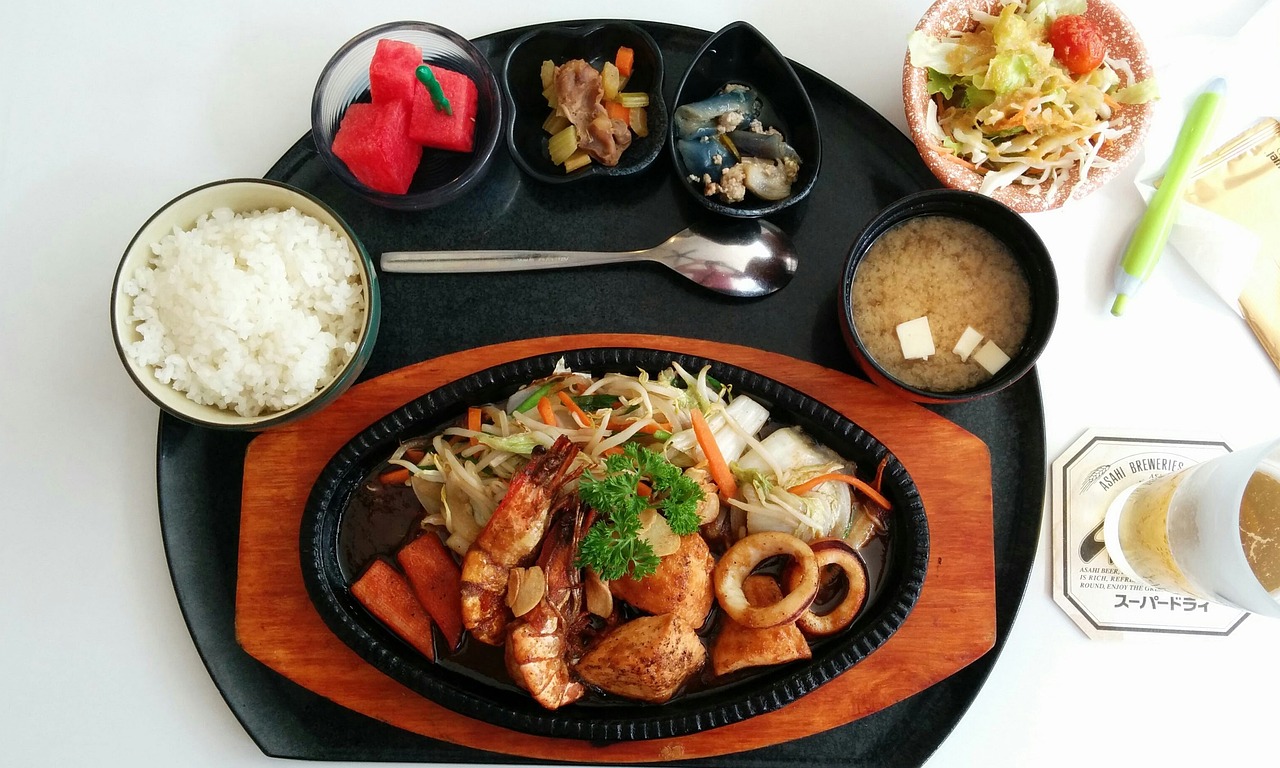Physical Wellness
Why the Japanese Diet is Good for You

Japanese diet | (Photo : Image by Marcello Rabozzi from Pixabay)
The Japanese diet is celebrated for promoting health and longevity, evident in the impressive number of centenarians exceeding 92,000. Built upon fresh ingredients and culinary customs, it prioritizes staples such as rice, fish and fermented delicacies, drawing global recognition for their nutritional advantages.
A study published in the British Medical Journal (BMJ) in 2016 revealed that adherence to Japanese dietary guidelines correlated with a reduced risk of premature death from heart disease or stroke, affirming the diet's protective effects on cardiovascular health.
Exploring further into the intricacies of the Japanese diet reveals an abundance of superfoods, some lesser-known in Western cuisine but esteemed for their nutritional benefits. Seaweed types such as nori, wakame and kombu take center stage, prized for their dense concentrations of vitamins, minerals and antioxidants, although it's worth noting their high iodine levels require moderation.
Registered dietitian Lucy Kerrison pointed out the acclaim surrounding the traditional Japanese diet, emphasizing its focus on fresh, unprocessed foods and generous portions of oily fish.
"Oily fish is high in omega-3s, particularly DHA and EPA, which are the types of omega-3s that exert the most benefit on human health," she said in an interview with Yahoo UK.
Fermented foods such as miso and natto occupy a cherished place in Japanese cuisine, offering a potent blend of probiotics and isoflavins that support gut health and hormonal balance. Despite its pungent aroma and distinct texture, natto's status as a prebiotic and vitamin K powerhouse underscores its role in promoting overall well-being.
"Fermented foods have been shown to improve gut health and some may also support blood sugar control and metabolic health," Kerrison explained.
"A diet high in isoflavins can be beneficial for women entering menopause and there is some research to show this can reduce symptoms of the perimenopause, such as hot flushes. This is thought to be as their structure is similar to oestrogen and can mimic its effect in the body."
Umeboshi, a tangy pickled plum, adds a burst of flavor to Japanese dishes while delivering a dose of citric acid known to combat fatigue and stimulate appetite.
Amelia Trillo, marketing executive at Japan Centre, also named the beloved Japanese pickles such as cucumber, radish, and lotus roots.
"You'll be adding a wider variety of healthy gut microbes, which help digest the fibre in your food, strengthen your immune system and protect you from pathogens" when you incorporate these into your diet, per Trillo.








Join the Conversation